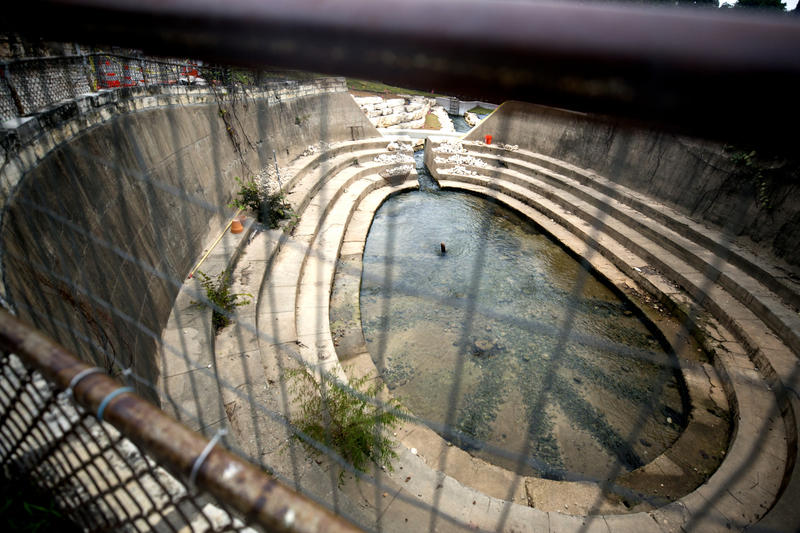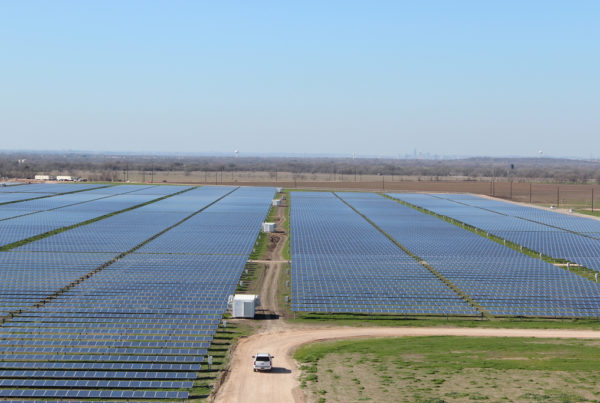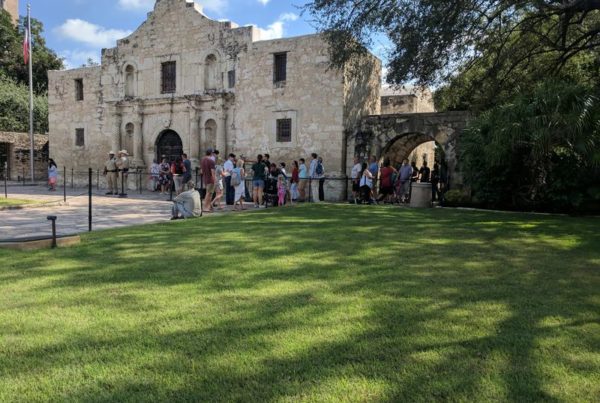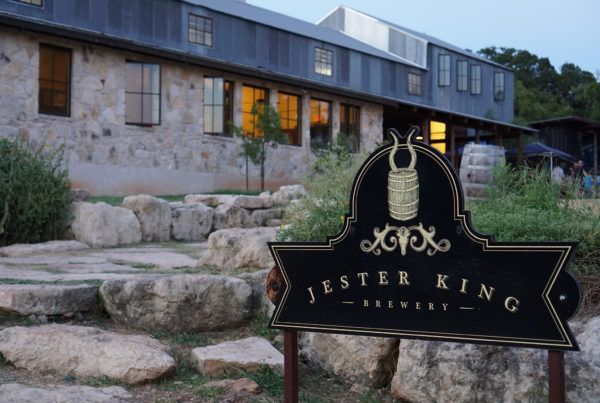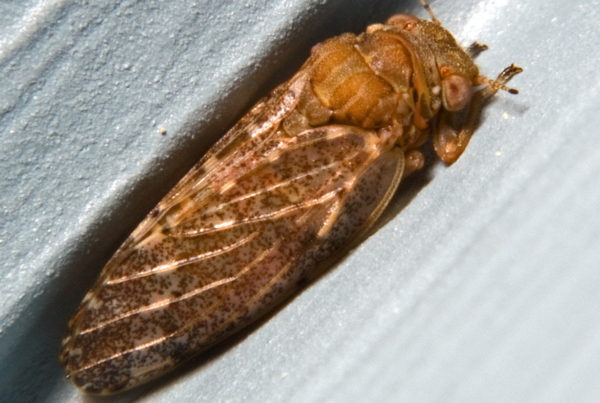From KUT:
The Eliza Springs Amphitheater sits like an abandoned ruin near the Zilker Zephyr train station by Barton Springs Pool, in Austin. The oval-shaped, open-air gallery was built into the ground in 1903 near Eliza Spring – one of the four springs feeding into what we know as Barton Springs. And, over the last year, the city has been renovating the relic to accommodate its endangered inhabitants.
The water from the spring rises up through holes in the cement floor, which were installed in a symmetrical pattern.
Until this year, it flowed to Barton Creek through a pipe, but the pipe had become jammed with debris and disturbed by tree roots. So the city removed it and opened up one side of the amphitheater, creating a stream.
The little salamanders, which were once confined to the amphitheater, will now be able to live up and down the stream. It makes more space for the salamanders, and allows more food to get into the water.
The renovation has had its detractors, however. It cost the $2.3 million, which is more than the city had originally planned. But city officials argue helping the salamanders is not just environmentally responsible, it also keeps Barton Springs pool open.
Under an agreement with the U.S. Fish and Wildlife Service, Austin is allowed to operate the pool as long as it can show it’s protecting the endangered salamander.
Robinson says they’ve already found a species of freshwater shrimp in the new stream that are a favorite of the salamanders. That means the salamanders should be close behind, and a barrier further downstream will keep them from venturing too far. That’s because this water does still, eventually, enter a pipe.
Initially, officials had hoped they could allow the stream to flow directly into Barton Springs Pool. The problem is that it ran into a tunnel that diverts the creek water around the pool and deposits it just downstream. So the water from Eliza Springs now flows into that tunnel and then into Barton Creek.


